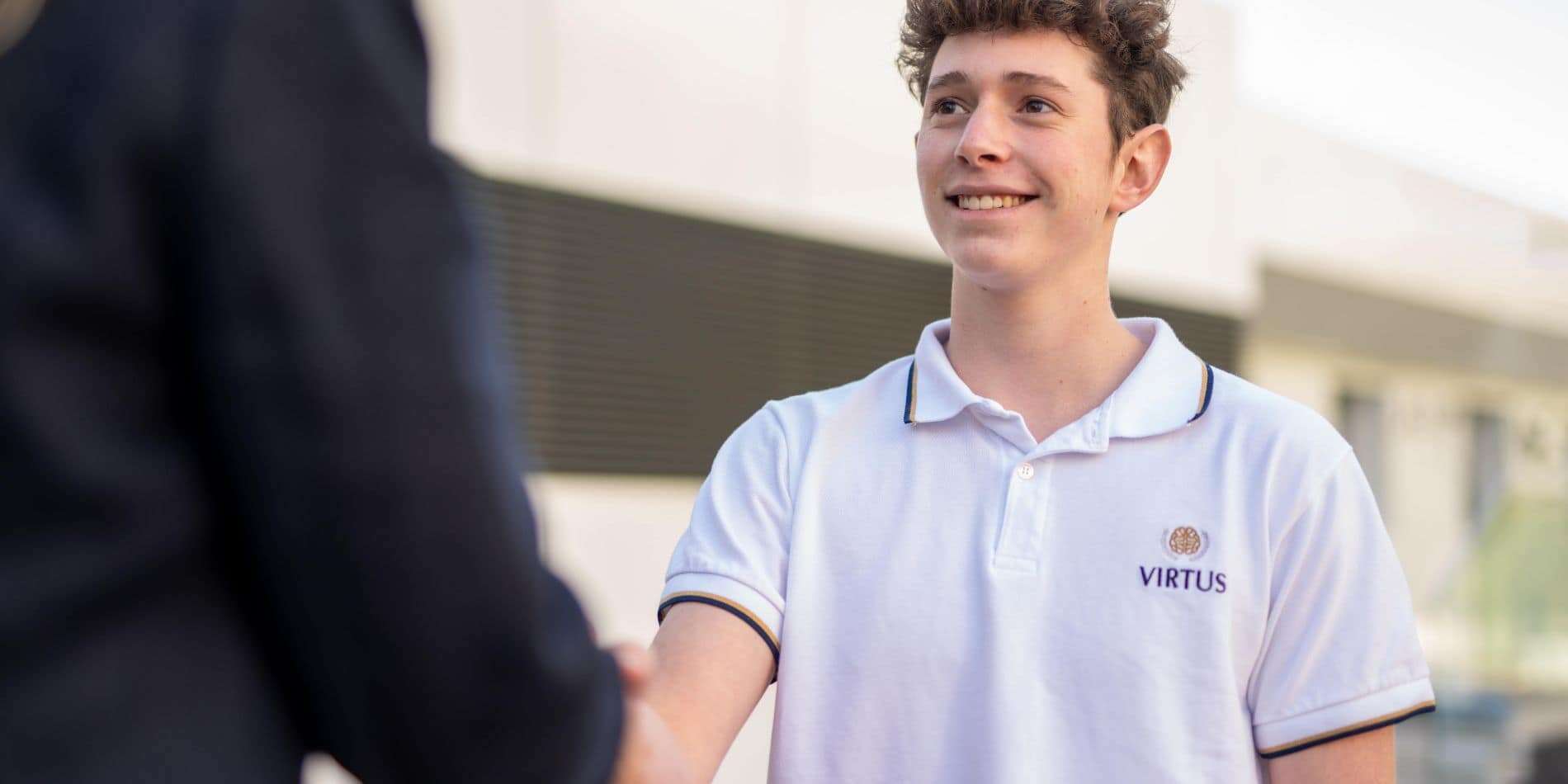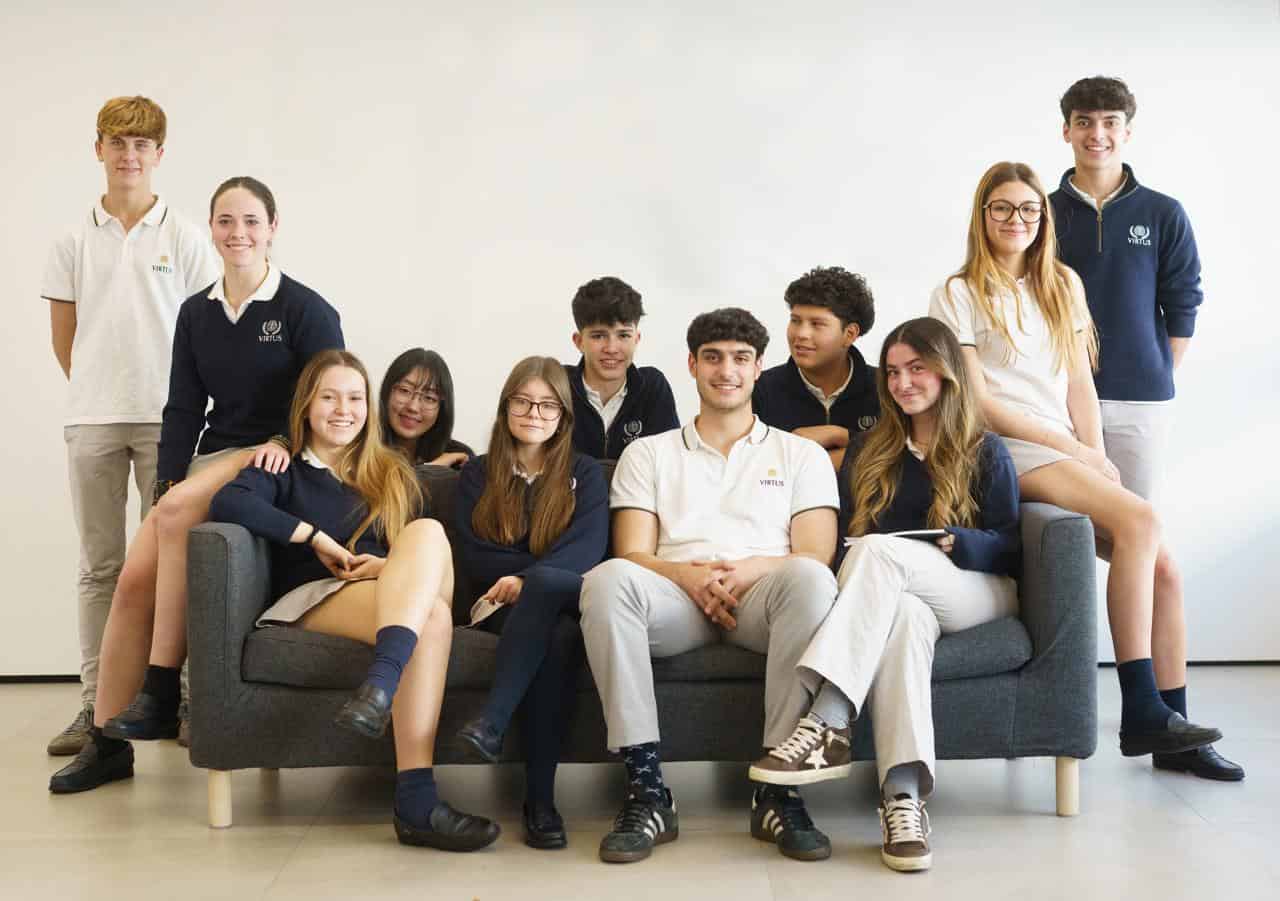The British education system has long been admired for its structure, rigour, and academic excellence. However, in recent years, there has been a significant shift in how education is approached, driven by the need to prepare students for an increasingly complex, fast-paced, and interconnected world. The traditional focus on academic subjects, while still central, has expanded to include a variety of co-curricular activities, work experience (WEX), external speakers, and educational visits. This holistic approach ensures that students not only excel in their exams but also develop a broader set of skills, confidence, and real-world knowledge that prepares them for life beyond the classroom.
1. A Broader Subject Range: Tailoring Learning to the Modern World
The British curriculum, especially at the secondary level and beyond, has evolved to offer a more diverse range of subjects that reflect the changing demands of the modern workforce and society. Traditionally, students have focused on core subjects such as English, Mathematics, and Science, with options for History, Geography, and foreign languages.
However, in recent years, there has been a growing emphasis on subjects that bridge the gap between academic knowledge and practical application. Newer subject offerings such as Computer Science, Psychology, and Environmental Science are increasingly popular, reflecting the rise of technology, mental health awareness, and sustainability as key areas of focus in today’s world. This variety allows students to tailor their studies to match their interests and future aspirations, whether they are aiming for university, vocational training, or the workforce.
Moreover, interdisciplinary subjects like Design and Technology or Business Studies equip students with practical skills while fostering creativity, critical thinking, and entrepreneurship — attributes that are highly valued in the 21st-century economy.
2. A-Levels: Specialization and Depth
A-Level qualifications, taken in the final two years of secondary education, remain a cornerstone of the British curriculum. They allow students to focus in-depth on three or four subjects of their choice, providing a pathway to university and further study. While A-Levels traditionally cater to academic routes, the flexibility in subject choice means that students can now select courses that reflect both traditional academic strengths and newer, applied subjects.
With subjects like Economics, Sociology, and Media Studies becoming more prevalent, A-Levels now offer students the opportunity to specialise in areas that align with modern career pathways. The level of depth achieved in these subjects ensures that students not only develop subject expertise but also the analytical, evaluative, and research skills needed for higher education and professional life.
3. Co-Curricular Activities: Developing Soft Skills and Passions
One of the most significant developments in British education is the emphasis placed on co-curricular activities. While academic achievements remain important, schools and colleges increasingly recognize that students need to develop a wider range of skills to succeed in the modern world. Leadership, teamwork, resilience, and communication are all essential attributes that cannot be fully nurtured through classroom learning alone.
Co-curricular activities, ranging from sports teams to drama clubs, debating societies, and coding groups, provide students with the opportunity to explore their passions while developing these crucial soft skills. Many schools now offer enrichment programs that encourage students to take part in activities outside their academic studies, helping them to become more well-rounded individuals.
Participation in these activities can also play a key role in university applications and job prospects. The ability to demonstrate involvement in co-curricular activities shows that students are proactive, well-rounded, and able to manage their time effectively — qualities that are highly prized by both universities and employers.
4. Work Experience (WEX): Bridging the Gap Between Education and Employment
Work experience (WEX) has become a key component of the British curriculum, particularly at the secondary and post-secondary levels. Schools and colleges recognize that academic qualifications alone are not enough to fully prepare students for the realities of the working world. By gaining hands-on experience in a professional setting, students can better understand what is expected of them in different industries and how their academic learning translates into practical skills.
Work experience placements, whether in local businesses, hospitals, law firms, or tech companies, offer students a glimpse into the professional world. These opportunities allow them to develop essential workplace skills, such as time management, communication, and problem-solving, while giving them a clearer sense of potential career paths. Furthermore, work experience can help students make more informed decisions about their future — whether it be pursuing higher education, vocational training, or entering the workforce directly.
5. Speakers and Educational Visits: Expanding Horizons and Inspiring Students
In recent years, schools have increasingly invited external speakers from various fields — including business, academia, arts, and government — to share their insights and experiences with students. These speaker programs provide students with exposure to different career paths and life experiences, broadening their horizons and encouraging them to think about their own futures in more dynamic and ambitious ways.
Similarly, educational visits to museums, galleries, companies, and even international trips have become an integral part of the learning experience. These outings allow students to see firsthand how knowledge is applied in real-world contexts. For example, visiting a tech company can bring computer science lessons to life, while trips to art galleries can deepen students’ appreciation of history and culture. By stepping outside the classroom, students can make connections between their studies and the wider world, enriching their learning and sparking curiosity.
6. Preparing for the Future: A Holistic Approach to Education
The evolution of the British curriculum reflects a growing understanding that academic achievement alone is not enough to prepare students for the challenges and opportunities of the future. The world of work is changing rapidly, with automation, globalisation, and technological advancements reshaping industries and job roles. In response, education must not only equip students with knowledge but also the skills, confidence, and adaptability they need to thrive.
This holistic approach — combining academic study, co-curricular activities, work experience, and exposure to real-world experiences — is helping to create a generation of students who are more well-rounded, resilient, and ready to take on the challenges of the 21st century. By going beyond the classroom, the British curriculum is preparing students not just for exams but for life, ensuring they are equipped to succeed in an ever-changing world.
Conclusion
As the British curriculum continues to evolve, it is clear that the future of education lies in a more holistic, well-rounded approach. By offering a wider range of subjects, encouraging co-curricular engagement, providing work experience, and offering opportunities to learn from industry professionals and real-world contexts, the British education system is ensuring that students are better prepared than ever to meet the demands of the modern world. The focus is no longer just on academic achievement but on preparing students for life, work, and the ever-evolving challenges of the future.

